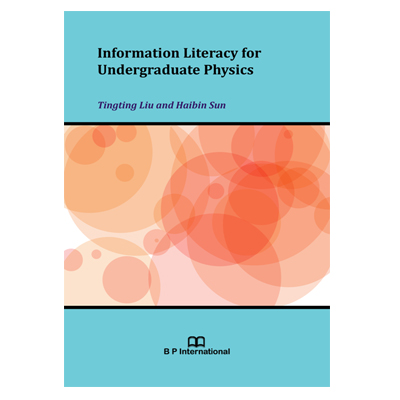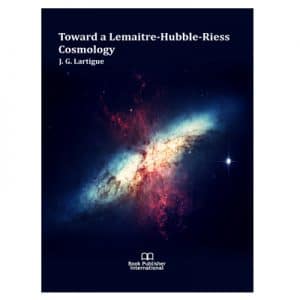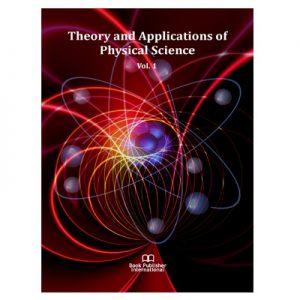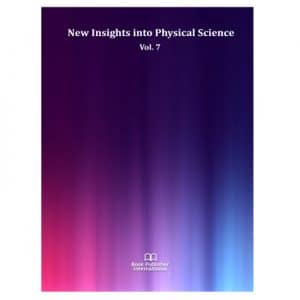Information is the signal and news conveyed by all human survival activities and natural existence. Information literacy is an essential competence for the contemporary information society. Information literacy played an important role in personal, economic, social and cultural development. It is no longer just a library issue nowadays. Information literacy is now widely recognized as an essential competence for effective participation in the rapidly development information society. An information literate person knows why and how to use information reasonably and legally.
Information literacy is of keen importance to all students in campus. Since the concept of information literacy first entered the professional discourse in 1970s, learners and librarians have had a lot of discussions about its definition and its influence on the development of professional discourse in the ever-changing information environment. So it will be useful for undergraduates to be able to transfer their information literacy capability to their private life. Acquiring information literacy skills at higher education is required by the fact that lifelong learning has become a must and the information widely used in teaching, learning, training and research activities.
Information literacy is common to all learning environments, to all disciplines, and to all levels of education. The 21st century puts forward new requirements for students’ education and learning. Technological progresses have changed the environment of learners. The cultivation of undergraduate students’ information literacy is a systematic project, which should not and cannot be divorced from the teaching of professional courses. In order to achieve the best goal of information literacy education, educators must realize the organic integration of information literacy education and professional course teaching, that is, implement professional information literacy education. Professional information literacy education is a discipline-based specialized information literacy, which is the premise and foundation of the curriculum system of various majors in higher education.
This book reviewed the definition of information literacy and information literacy standards in various countries, and combs the evaluation and research of information literacy by scholars from various countries. Based on the theoretical research of information literacy and information literacy education, we designed a questionnaire for undergraduates’ information literacy, and grasped the information literacy status of science and engineering students through the questionnaire. Based on the questionnaire survey, the book analyzes the characteristics of information literacy of science and engineering undergraduates and the problems existing in information literacy education. The results demonstrate that the undergraduates’ level of information literacy is on the intermediate. The ability of undergraduates to find, seek, assess and use information effectively is fairly good. The undergraduates know well how to use information ethically and legally. The findings of the study indicated that the total average score of the male undergraduates are much higher than females, and the gender difference had existed in information literacy.
Information literacy education is the specialized information literacy based on disciplines, and it is the premise and foundation of the curriculum system of each major in higher education. It is a very effective and realistic way to carry out information literacy education in combination with the teaching of specialized courses and cultivate the information literacy of science and engineering majors.
The undergraduate education of physics is mainly to lay a foundation for professionals engaged in the research and teaching of frontier issues in physics and related disciplines, and also to cultivate compound and comprehensive talents who can apply physics to various fields of technology and society. Based on the teaching of physics undergraduate course, the book expounds how to effectively implement information literacy education in undergraduate physics teaching.
Information literacy is highly important not only for teachers’ teaching and lifelong learning but also fundamental for their own subject disciplines. Information literacy enables teachers to master content and extend their investigations, become more self-directed, and assume greater control over their own teaching and learning.
The first chapter of this book is written by Haibin Sun, and the rest of the chapters are written by Tingting Liu.





